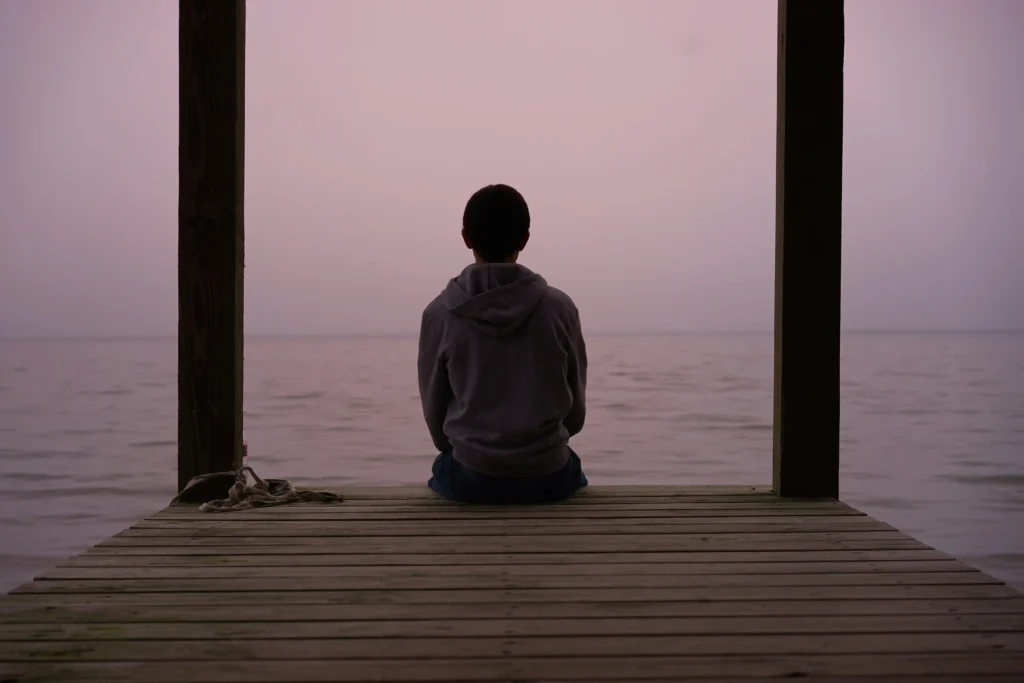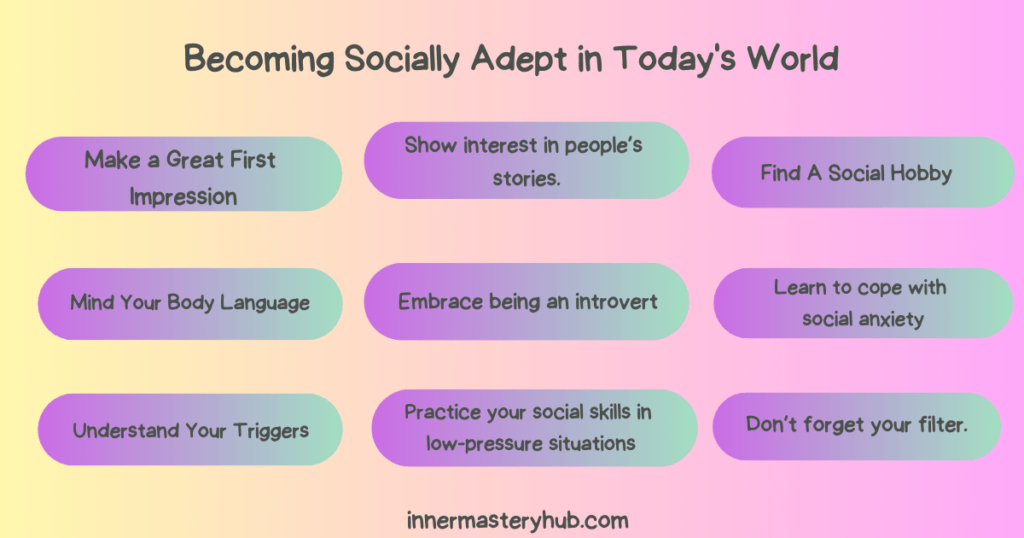The Rising Importance of Early Intervention in Childhood Behavioral Health

According to the Centers for Disease Control and Prevention (CDC), about one in six children aged 2 to 8 years in the United States has a diagnosed behavioral, developmental, or mental disorder.
That is a large number of young children facing challenges that can affect school, friendships, and family life. Sadly, many children do not get the help they need early. Waiting too long to seek help can make it harder to treat the problem. It can also cause long-lasting effects on a child’s emotional and social well-being.
Many parents and teachers feel unsure about when to step in. But delaying action can make things worse. This article will explain why early action matters and how parents, teachers, and healthcare professionals can work together to help children with Childhood Behavioral Health at the right time.
Early Signs Families and Educators Should Recognize Childhood Behavioral Health
Parents and teachers are usually the first to notice when something seems off. A child may suddenly start having angry outbursts or refuse to follow rules. Some children withdraw from friends or activities they used to enjoy. Others may have trouble concentrating in class or sitting still.
It is essential not to ignore these changes. Behavioral shifts may point to a deeper issue that needs support. When parents and teachers work together to share observations, they increase the likelihood of catching problems early.
How Schools Can Support Early Detection
Children spend much of their day in school, which gives teachers and staff the chance to notice behaviors that stand out. Many schools now offer behavioral screenings as part of student wellness programs. Teachers, counselors, and school psychologists work as a team to spot early signs and recommend next steps.
Schools can also connect families with community resources. In some cases, school psychologists trained through online school psychology programs offer valuable insights and support for both students and educators. Acting early in a school setting prevents small challenges from becoming bigger barriers to learning and social success.
The Role of Pediatricians and Primary Care Providers
Pediatricians are often the first people parents turn to when they notice changes in their child’s behavior. They can screen for developmental delays or behavioral concerns during regular checkups. These screenings are simple but powerful tools. They help catch problems early, sometimes before a child even starts school.
When pediatricians find concerns, they can refer families to specialists. These may include child psychologists, counselors, or therapists. The early partnership between parents and healthcare providers builds a strong support system for the child.
Pediatricians can also help families understand that behavioral health is just as important as physical health. Encouraging parents to act quickly can lead to better long-term outcomes.
Families Are Key Partners in Early Intervention
Families play the most crucial role in helping children. Parents know their child better than anyone else. They are usually the first to notice small changes in mood, behavior, or routines. These early observations are essential and should never be dismissed.
When families work with teachers, school counselors, and healthcare providers, children receive better care. It is helpful for parents to document behaviors they see at home and share them with professionals. This can include things like changes in sleep patterns, eating habits, or social behavior.
Professionals can also guide parents on how to support their child at home. Parent training programs teach families how to handle challenging behaviors and encourage positive habits. When everyone works together, the child feels supported in every part of their life.
The earlier families become involved, the more effective the intervention will be. Open communication, trust, and teamwork between families and professionals lead to the best results.
Exploring Treatment and Support Options for Children
Early intervention plans depend on the child’s needs. Not every child needs therapy or medical treatment. Sometimes,, small changes in home or school routines can help a child feel better.
For children who do need help, behavioral therapy is often the first step. Therapists teach children skills to manage emotions, follow rules, and interact well with others. For some children, group therapy can also be helpful as it allows them to learn from peers.
Parent training programs also teach families how to respond to specific behaviors at home. In rare cases, medication may be used along with therapy. However, most treatment plans focus on behavior suppor,rather thant medication alone.
The key to success is tailoring the plan to fit the child. Support should focus on building skills that help the child function better at home, at school, and in social situations.
Removing Barriers to Early Help for Families.
Even when families want help, there are often barriers. One of the biggest obstacles is the stigma attached to mental and behavioral health problems. Parents may fear judgment or believe they will be blamed for their cchild’sbehavior.
Another barrier is cost. Many families cannot afford therapy or may not have access to child behavioral health services nearby. Long waiting lists for appointments can also delay intervention.
Schools and community programs can help by offering services at low or no cost. Some clinics provide sliding fee scales based on income. Online resources and telehealth services have also improved access to care, especially for families in rural areas.
Families should know that seeking help is a sign of strength, not weakness. Asking for support early can prevent bigger problems later.
Positive Outcomes When Children Get Early Support
Children who receive early intervention have a much better chance of success. They are more likely to do well in school, build strong friendships, and develop healthy coping skills. Studies show that early treatment can reduce the likelihood that behavioral health problems will persist into the teen or adult years.
Children who get help early are less likely to experience school suspensions, drop out, or run into trouble with the law. They also tend to have fewer emotional struggles later in life. Early intervention gives children the tools to succeed in all areas of life.
The earlier the problem is identified and addressed, the easier it is to manage. Early support allows children to reach their full potential.
Childhood behavioral health problems can affect every part of a child’s life. But early intervention changes the outcome. Parents, teachers, healthcare providers, and counselors must work together to recognize concerns and act quickly. No child should have to struggle in silence.
The sooner families and schools take action, the better the child’s chances of success. Early help builds confidence, resilience, and life skills that last into adulthood. The rising focus on early detection and support is a step in the right direction for children everywhere.






